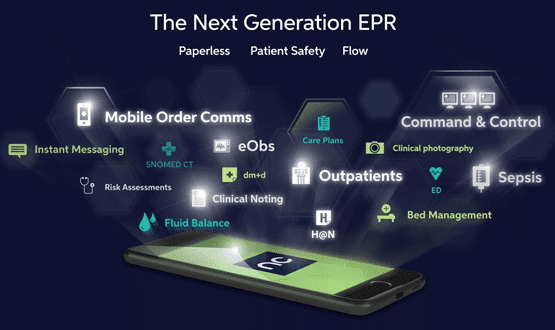NHS e-health research should focus on patients
- 14 November 2005
Researchers into e-health should be concentrating on long-term change and projects from the patients’ point of view, rather than studying the subject as a short-term phenomenon, according to the results of a wide-ranging survey across NHS stakeholders.
Among the research topics suggested were what kind of services patients would consider most useful for electronic ordering and safe delivery of medicine, public attitudes towards e-health and involvement, and how IT increases patient expectation and the effect it has on their satisfaction with health services.
Forty-three recommendations were made by 360 people, including informatics academics, IT suppliers to the NHS, clinicians in primary and secondary care, charities and professional organisations, as well as a number of ‘laypeople’ not connected to the health service.
Cost-benefit analysis was also seen to be very important, with research requested into e-prescribing, long-term chronic disease management using technology, PAS and electronic birth and death records.
"The overriding concern of stakeholders was that spending money on e-health should be worthwhile and should lead to improved health and quality of life," said the study, noting the recent change of name and emphasis from the National Programme for IT – focusing on the technology – to Connecting for Health, concentrating on healthcare.
However, the authors of the study noted that this kind of long-term research is, unfortunately, difficult to do in the real world: "To see changes in health or to measure cost benefit is slow and expensive, made more so now in the United Kingdom by the time needed for increased levels of ethical and research control and approval."
There was a "need to identify best practice and the barriers to implementation of that best practice. There are many examples of medical informatics research with demonstrable benefit which decades later still wait to be implemented more widely."
The research was carried out by authors at Plymouth, Winchester and Warwick Universities, and was published in the Journal of Medical Internet Research. The full text can be read online here.




